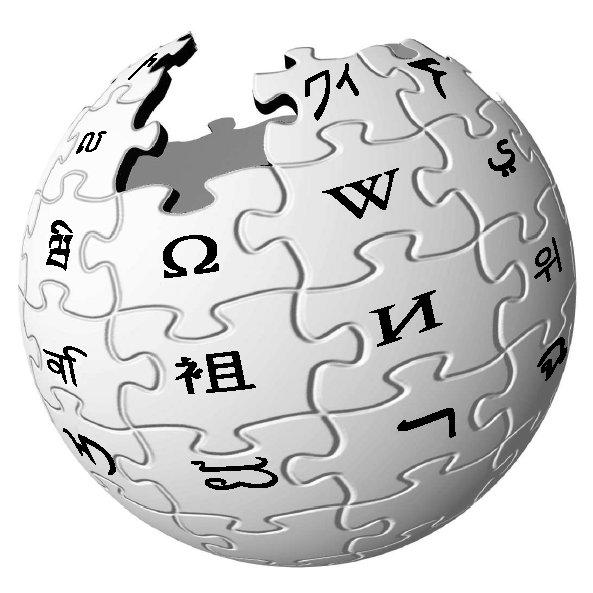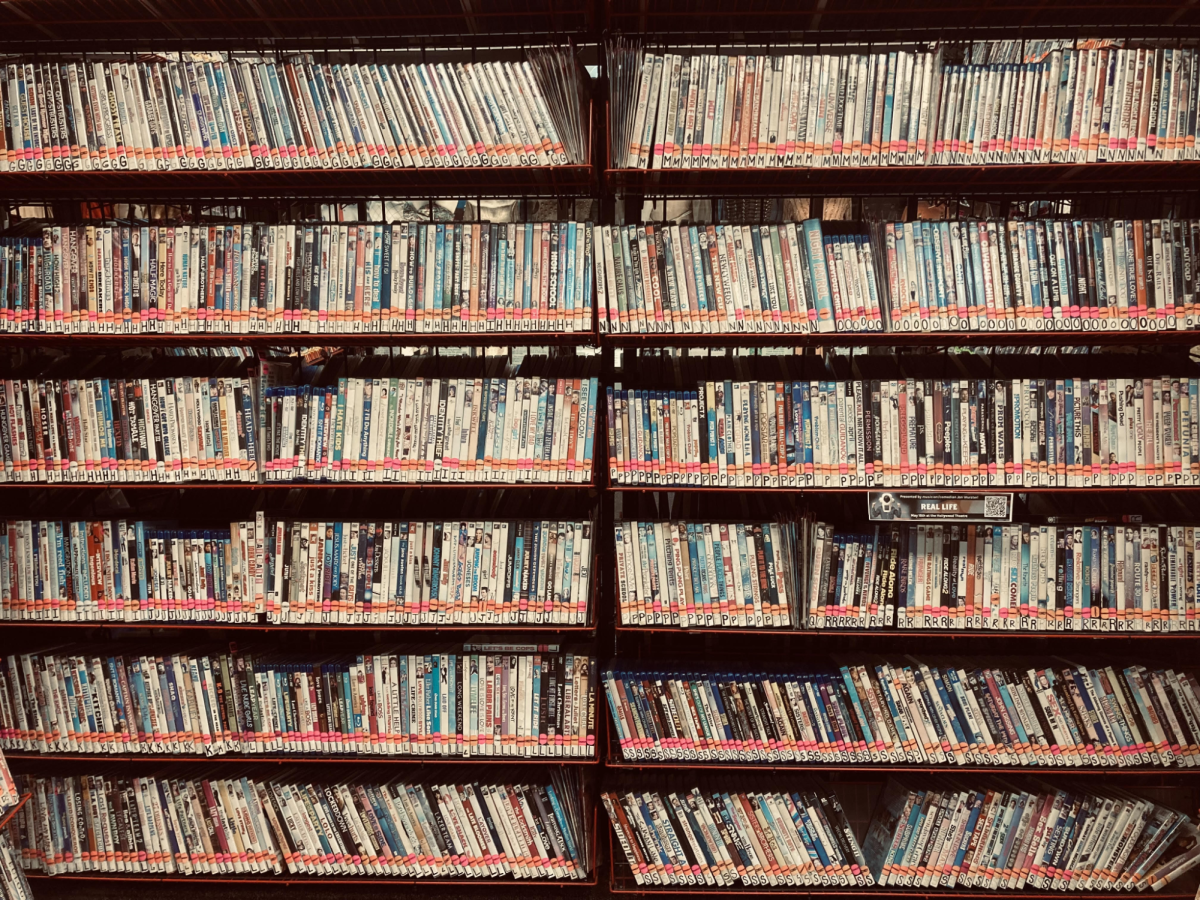
Picture this: You have an assignment due about who knows what, and you need to do some research. You look up your topic and one of the first results is Wikipedia. The words of every teacher you’ve ever had echo in the back of your mind: Wikipedia is NOT a reliable source. DON’T use it. Dana Vinger, an English and Creative Writing teacher at Franklin, shares this sentiment. “[Wikipedia] shouldn’t be a source for final projects by any means because anyone can get into Wikipedia and alter information,” Vinger said. “Maybe for some quick information it’s not a bad thing, but if you’re doing serious research it’s not one to use.” Many other teachers have told their students to never use Wikipedia because it is edited by random people on the internet, making the website prone to inaccuracies. But Wikipedia is a reliable source when used mindfully.
According to Wikipedia, they are “a free online encyclopedia with the mission of allowing anyone to create or edit articles.[3][4]” They are also “the largest and most popular general reference work on the Internet,[5][6][7] and is ranked the fifth-most popular website.[8]” The reason why Wikipedia is reliable as a source lies in the bracketed numbers you see in this quote. They are sources, and those sources are always at the bottom of Wikipedia articles.
Yes, anyone can edit a Wikipedia article, but if you don’t have proof that the information you put on the page is true, it will be taken down pretty quickly. “[The misinformation] will probably last an hour at the most,” says the communications coordinator at Wikimedia UK, John Lubbock, to The Independent. According to Lubbock, Wikipedia sees vandalism frequently, but there is always someone to come back and fix it. If someone has something to add to an article and has a trustworthy source, it’ll stick. Wikipedia isn’t a news site or purveyor of information, it’s a pool of humanity’s collective knowledge.
“The idea of Wikipedia as the Wild West of the internet is wrong; it’s more like a self-governing society,” says The Independent. The idea of Wikipedia being a big, chaotic website of misinformation is ludicrous. Just because it is possible doesn’t mean that it is guaranteed to happen every time. Saying that Wikipedia is covered with false information because anyone can edit articles would be like saying that anyone can commit a crime without ramifications; while that can happen, most criminals get caught and have to face the consequences of their actions.
Also, as a result of the nature of Wikipedia, it’s a good nonpartisan source for information. Because articles on the website are created and edited by a wide array of people, it’s rare for Wikipedia to have biased information. It’s rare to find an unbiased source with information on any topic you can think of, which is why Wikipedia is an important tool, especially for students.
The key to using Wikipedia is using it mindfully. Wikipedia is great when looking at certain things like dates, names, locations, etc. However, when doing more in-depth research, make sure to double-check any information you find on Wikipedia with a different trustworthy source, as you should do with any piece of information you read. You could also look at the sources cited at the bottom of the article, which may go deeper into specifics than the Wikipedia article can. When used effectively, Wikipedia can be a reliable and accurate source for information, despite what teachers may say.
































